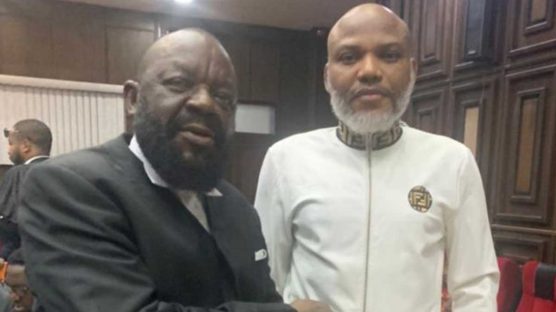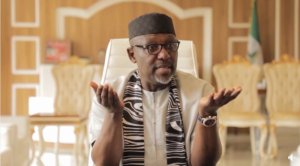
The Indigenous People of Biafra (IPOB) revealed on Thursday that the Supreme Court’s December 15th judgment on Nnamdi Kanu was not a unanimous decision, as earlier believed. The delay in releasing the Certified True Copy (CTC) of the judgment exposed this, according to IPOB spokesman Emma Powerful.
IPOB commended three justices who reportedly refused to sign the written judgment, considering the verdict illegal. They argued that a Supreme Court panel of five justices should not allow issues under contention to be determined by only two justices. The dissenting justices were concerned about potential international sanctions due to the flawed judgment.
Meanwhile, Aloy Ejimakor, Nnamdi Kanu’s Special Counsel, accused the Supreme Court of violating the constitution by not releasing the CTC within seven days, as stipulated in Section 36(7). The failure to provide the CTC hinders Kanu’s legal defense and violates his fundamental rights.
The Supreme Court had remitted Kanu’s case to the Federal High Court, but without the certified judgment and enrolled order, the Federal High Court cannot proceed with the trial, and Kanu’s lawyers cannot prepare his defense.
The delay in releasing the CTC has raised concerns about the credibility and adherence to legal procedures in the handling of Kanu’s case.






Be First to Comment